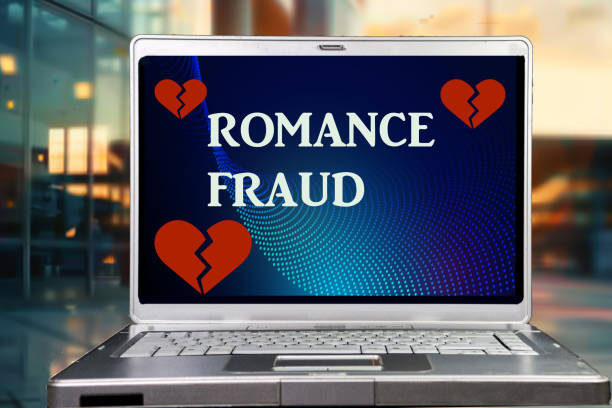The IRS has announced that it’s “open season” on false claims for the Employee Retention Credit (ERC). It is stepping up efforts to audit employers as aggressive promoters continue to make a pitch for fraudulent refunds (IR-203-40, 3/7/23). This type of scheme was recently included on the IRS’ list of the Dirty Dozen tax scams to watch out for in 2023.
Typically, promoters charge large upfront fees for services or a fee that is contingent on the amount of the reputed refund. Also, they often don’t inform taxpayers that wage deductions claimed on the federal income tax return for the business must be reduced by the amount of the credit.
“While this is a legitimate credit that has provided a financial lifeline to millions of businesses, there continue to be promoters who aggressively mislead people and businesses into thinking they can claim these credits,” said Acting IRS Commissioner Doug O’Donnell. “Anyone who is considering claiming this credit needs to carefully review the guidelines. If the tax professional they’re using raises questions about the accuracy of the Employee Retention Credit claim, people should listen to their advice. The IRS is actively auditing and conducting criminal investigations related to these false claims. People need to think twice before claiming this.”
How does the ERC work? The Coronavirus Aid, Relief, and Economic Security (CARES) Act initially authorized a credit of 50% of qualified wages paid after March 12, 2020 and before January 1, 2021. The maximum credit was $5,000 per worker. To qualify for the ERC, an employer had to meet one of two requirements for a calendar quarter.
1. It was forced to fully or partially suspend operations because government authorities limited commerce, travel or group meetings due to pandemic concerns.
2. It experienced a significant decline in gross receipts. For this purpose, a “significant decline” occurred when gross receipts were less than 50% of gross receipts in the same calendar quarter.
Subsequent legislation extended the ERC into 2021 and enhanced it. Finally, the American Rescue Plan Act (ARPA) provided a maximum annual credit of $28,000 per worker. The ARPA also allowed certain start–up companies to claim the credit. To qualify, the business must have commenced after February 15, 2020 and have an average gross receipts of less than $1 million.
The ERC was beneficial for businesses struggling to keep employees on board during the height of the pandemic. But that’s when the crooks began to hone in on the action. In particular, the scammers targeted small business owners who were unsure if they qualified for the credit. Some of the red flags of unscrupulous promoters are as follows:
- Promising inflated tax savings. If something sounds to good to be true, it probably is.
- Failing to provide accurate information about the credit.
- Assuring eligibility for the credit before any analysis has been made.
- Claiming that all businesses in a certain industry qualify for the ERC.
- Stating that they have received special IRS training relating to the credit
- Requesting upfront fees or contingency-based compensation to the amount of the refund.
What happens if you’ve improperly claimed the ERC? The IRS can require you to repay the credit and impose penalties and interest on top of the amount you owe.
Practical advice: If you’re tapped for an audit, don’t panic. Respond to the IRS as instructed to on the audit notice. Then line up the documentation you will need to support your claim. This will likely include the following:
- Documentation showing your business was fully or partially shut down as the result of a government mandate
- Documentation showing a decline in gross receipts during the period you claimed the ERC
- Bank statements
- Employment tax records
- General ledgers and other accounting records
Fortunately, you don’t have to go it alone. With an experienced and trusted tax professional providing assistance, you can resolve the matter expeditiously.
Thanks for reading CPA Practice Advisor!
Subscribe Already registered? Log In
Need more information? Read the FAQs





